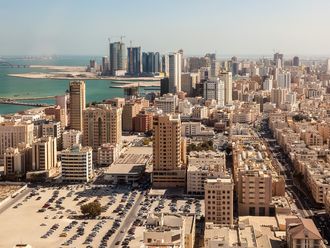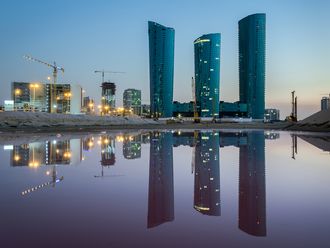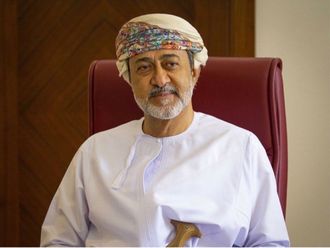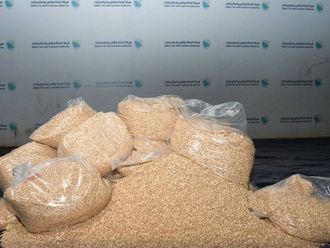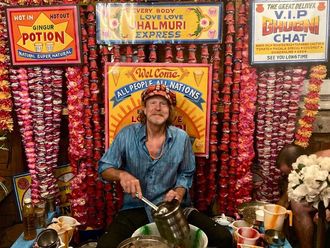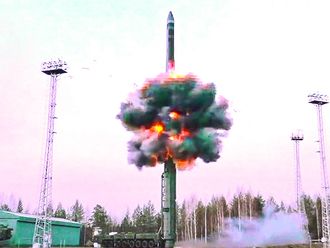Manama: For Bahraini activist Esmat Al Mousawi, the writing was on the wall. When the leading societies did not name women to their slates, chances for a breakthrough became ominously thin, she said.
Experience indicates that if societies do not support female candidates, women voters are unlikely to flock to women candidates in sufficient numbers.
"The outcome of the battle between traditionalists versus modernists is sealed. For most Westerners, the elections in Bahrain are pitting Sunnis versus Shiites, but for us Bahrainis, the real issue is traditionalists versus modernists, social conservatism against social reformism. These are major issues and the standoff is not sectarian, but rather a serious problem across most political societies and groups," she said.
Esmat, a veteran journalist and member of pro-women organisations, has been publishing articles and columns to help change the mindset of Bahrainis to support women and empower them politically.
"It is a shame that we have women in advanced decision-making positions in various areas, but we have a problem helping them win in the elections. It is a deep social issue that needs to be addressed because it has been plaguing us for years now," she said. In the latest campaign, she volunteered her time to give lectures in several election tents and interact with audiences to help promote positive perceptions of women's aptitudes.
Bahrain has had only one woman in the lower chamber since the country came out of a three-decade constitutional hiatus.
In 2002, none of the candidates won and in 2006, Lateefa Al Gaood secured the country's first seat for a woman when her opponent pulled out of the race. In 2006, she repeated the feat, but this time with no-one coming forth to challenge her. None of the other eight women who ran in the polls on October 23 won, even though Muneera Fakhroo, on a liberal society ticket, made it to the second round.
"The race for a seat in the lower chamber is invariably riddled with intrigue and rivalries," Saeed Al Hamad, a veteran columnist, said. "But this does not mean that no woman can win when we have such a high number of women voters. It is obvious that the influence of men is still too strong to allow women to elect women."
Al Wefaq, Bahrain's largest political society that carried 18 constituencies last week, has come under fire for not nominating women candidates.
Its leaders say that they the community is not yet ready to endorse women and they are concerned that they could lose the votes of those reluctant to support women. In some of the constituencies, few votes could make the difference between victory and defeat.
"Once more, Bahrainis are likely to produce a lower chamber in which members are anxious to pander to populist wishes and to turn themselves into a service agency rather than a national legislative body," said Maysa Al Kooheji, a government employee. "In such an atmosphere, women seem to have no place. This is the real issue, and it has nothing to do with Sunnis versus Shiites. It is what women want and what conservatives from both sects refuse."
Societies approach towards women should change: Activist
If societies do not support female candidates, women voters are unlikely to flock to women candidates in sufficient numbers, says Bahraini activist


